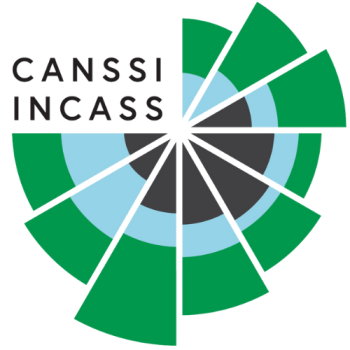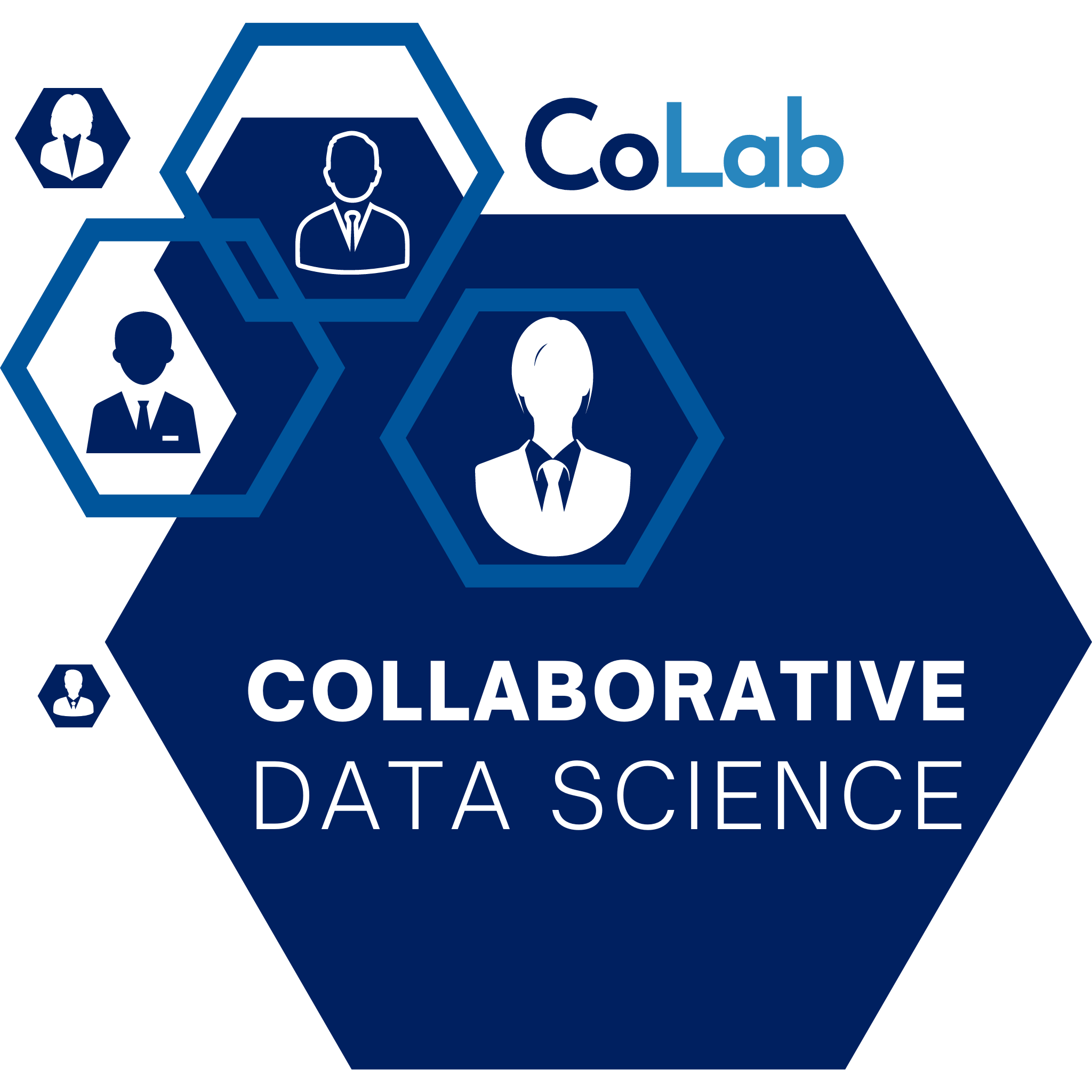Please Note: This event has already taken place. You may view the news story and recording of this event here: Kicking Off the NISS-CANSSI Collaborative Data Science Series: Climate Change Through a Statistical Lens | National Institute of Statistical Sciences
Join us for the NISS-CANSSI Collaborative Data Science Webinar Series: Changing Climate, Changing Data – A Journey of Statisticians and Climate Scientists on Thursday, March 20, 2025, from 1:00 PM to 2:00 PM ET. This webinar features Claudie Beaulieu (University of California, Santa Cruz) and Rebecca Killick (Lancaster University), with moderation by Emily Casleton (Los Alamos National Laboratory). The discussion will explore how climate change impacts society and the critical role of statistical methods in understanding climate variability and trends. The speakers will highlight their research on whether global warming is accelerating, share insights into their collaboration, and discuss challenges in publishing statistical work in environmental science. Ethical considerations in climate data analysis will also be examined. Don't miss this opportunity to gain valuable perspectives at the intersection of statistics and climate science!
Speakers
Claudie Beaulieu, Associate Professor of Ocean Sciences, University of California, Santa Cruz
Rebecca Killick, Professor of Statistics, School of Mathematical Sciences, Lancaster University
Moderator
Emily Casleton, Statistical Sciences Group, Los Alamos National Laboratory (LANL)
Abstract
Climate change is impacting our society in many different ways. Scientifically and societally, we need to accurately estimate the magnitude of these changes to inform and lead societal adaptation and mitigation to ongoing and future change. Understanding the underlying mechanisms of these changes necessitate robust characterization and quantification of observed and simulated data. This talk will introduce our ongoing work in quantifying climate change and variability, centered around the current debate as to whether global warming is accelerating, or not. We will touch on how our collaboration started and evolved, the pros and cons of publishing statistical work in environmental journals, and ethical quandaries.
About the Speakers
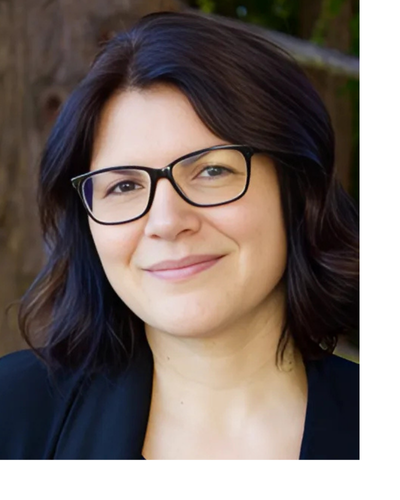 Dr. Claudie Beaulieu is an Associate Professor of Ocean Sciences at the University of California, Santa Cruz, whose groundbreaking work in environmental data science has earned her a Faculty Early Career Development (CAREER) Award from the National Science Foundation (NSF). This prestigious award supports her integrated research and education program, which focuses on understanding climate variability and climate change by leveraging data science techniques. Dr. Beaulieu’s research addresses the critical need to comprehend the drivers of oceanic and climatic variability and change. Her work tackles the challenge of analyzing the increasingly complex environmental data made available through advances in climate and ocean monitoring, observational platforms, and Earth system modeling. By applying statistical and machine learning methods, she aims to maximize insights from observational data and model simulations. Dr. Beaulieu earned her Ph.D. in water sciences from the Institut National de la Recherche Scientifique Centre Eau Terre et Environnement in Quebec. She conducted postdoctoral research in atmospheric and oceanic sciences at Princeton University and was a lecturer in the School of Ocean and Earth Science at the University of Southampton before joining the UC Santa Cruz faculty in 2018. Through her research, education, and outreach efforts, Dr. Beaulieu is shaping the future of climate science and environmental data analysis, while inspiring and equipping the next generation of environmental scientists. For the 2024/25 academic year, Claudie is a Harry H. Hess visiting faculty in the Geosciences Department at Princeton University.
Dr. Claudie Beaulieu is an Associate Professor of Ocean Sciences at the University of California, Santa Cruz, whose groundbreaking work in environmental data science has earned her a Faculty Early Career Development (CAREER) Award from the National Science Foundation (NSF). This prestigious award supports her integrated research and education program, which focuses on understanding climate variability and climate change by leveraging data science techniques. Dr. Beaulieu’s research addresses the critical need to comprehend the drivers of oceanic and climatic variability and change. Her work tackles the challenge of analyzing the increasingly complex environmental data made available through advances in climate and ocean monitoring, observational platforms, and Earth system modeling. By applying statistical and machine learning methods, she aims to maximize insights from observational data and model simulations. Dr. Beaulieu earned her Ph.D. in water sciences from the Institut National de la Recherche Scientifique Centre Eau Terre et Environnement in Quebec. She conducted postdoctoral research in atmospheric and oceanic sciences at Princeton University and was a lecturer in the School of Ocean and Earth Science at the University of Southampton before joining the UC Santa Cruz faculty in 2018. Through her research, education, and outreach efforts, Dr. Beaulieu is shaping the future of climate science and environmental data analysis, while inspiring and equipping the next generation of environmental scientists. For the 2024/25 academic year, Claudie is a Harry H. Hess visiting faculty in the Geosciences Department at Princeton University.
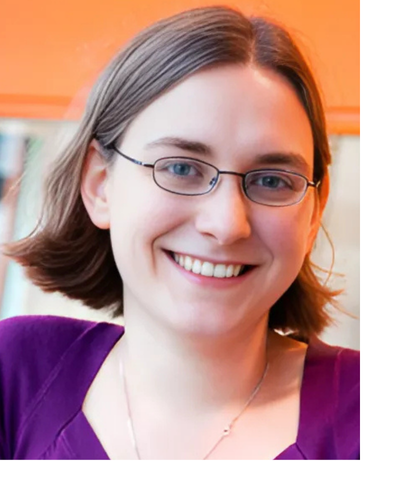 Rebecca Killick received their PhD degree in Statistics from Lancaster University, where they hold a Professor and DIrector of Research positions. For 2024/25 Rebecca is also a visiting Professor at UC Santa Cruz. In 2019 they were the first UK recipient of the “Young Statistician of the Year” award from the European Network for Business and Industrial Statistics which recognizes the work of young people in introducing innovative methods, promoting the use of statistics and/or successfully using it in daily practice. Rebecca sees their research as a feedback loop, being inspired by problems in real world applications, creating novel methodology to solve those problems and then feeding these back into the problem domain. Their primary research interests lie in development of novel methodology for the analysis of univariate and multivariate nonstationary time series models. This covers many topics including developing models, model selection, efficient estimation, diagnostics, clustering and prediction. Rebecca is highly motivated by real world problems and has worked with data in a range of fields including Bioinformatics, Energy, Engineering, Environment, Finance, Health, Linguistics and Official Statistics. Rebecca is passionate about ensuring the availability and accessibility of research in the form of open-source software. As part of this they advocate to the statistical community the importance of recognition of research software as an academic output, are co-Editor in Chief of the Journal of Statistical Software and a member of the rOpenSci statistical software peer review board.
Rebecca Killick received their PhD degree in Statistics from Lancaster University, where they hold a Professor and DIrector of Research positions. For 2024/25 Rebecca is also a visiting Professor at UC Santa Cruz. In 2019 they were the first UK recipient of the “Young Statistician of the Year” award from the European Network for Business and Industrial Statistics which recognizes the work of young people in introducing innovative methods, promoting the use of statistics and/or successfully using it in daily practice. Rebecca sees their research as a feedback loop, being inspired by problems in real world applications, creating novel methodology to solve those problems and then feeding these back into the problem domain. Their primary research interests lie in development of novel methodology for the analysis of univariate and multivariate nonstationary time series models. This covers many topics including developing models, model selection, efficient estimation, diagnostics, clustering and prediction. Rebecca is highly motivated by real world problems and has worked with data in a range of fields including Bioinformatics, Energy, Engineering, Environment, Finance, Health, Linguistics and Official Statistics. Rebecca is passionate about ensuring the availability and accessibility of research in the form of open-source software. As part of this they advocate to the statistical community the importance of recognition of research software as an academic output, are co-Editor in Chief of the Journal of Statistical Software and a member of the rOpenSci statistical software peer review board.
About the Moderator
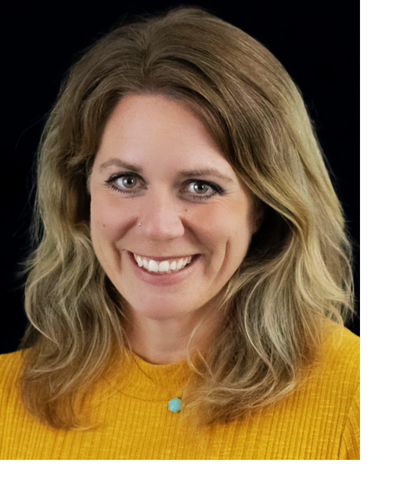 Emily Casleton is a statistician in the statistical sciences group at Los Alamos National Laboratory (LANL), and was recruited to LANL as a summer student at the 2012 Conference on Data Analysis (CoDA). She joined the Lab as a post doc in 2014 after earning her PhD in Statistics from Iowa State University. Since converting to staff in 2015, Emily has routinely collaborated with seismologists, nuclear engineers, physicists, geologists, chemists, and computer scientists on a wide variety of cool data-driven projects. Most recently, her research focus has been on testing and evaluating large AI models. She holds a BS in Mathematics, Political Science from Washington & Jefferson College, 2003; a MS in Statistics from West Virginia University, 2006; and a PhD in Statistics from Iowa State University.
Emily Casleton is a statistician in the statistical sciences group at Los Alamos National Laboratory (LANL), and was recruited to LANL as a summer student at the 2012 Conference on Data Analysis (CoDA). She joined the Lab as a post doc in 2014 after earning her PhD in Statistics from Iowa State University. Since converting to staff in 2015, Emily has routinely collaborated with seismologists, nuclear engineers, physicists, geologists, chemists, and computer scientists on a wide variety of cool data-driven projects. Most recently, her research focus has been on testing and evaluating large AI models. She holds a BS in Mathematics, Political Science from Washington & Jefferson College, 2003; a MS in Statistics from West Virginia University, 2006; and a PhD in Statistics from Iowa State University.
About the NISS Collaborative Data Science CoLab
The Collaborative Data Science initiative at NISS brings together experts from various fields to tackle complex data challenges through interdisciplinary teamwork and innovative methodologies.
The goal is to foster progress in:
- Developing new ideas for experimental and observational data-driven learning and discovery that address key questions at the cutting edge of science and scientific deduction;
- Quantifying and summarizing uncertainty in data-driven theories, as well as complex Data Science models, algorithms, and workflows; and
- Establishing new practices for scientific reproducibility and replicability through Data Science.
Event Type
- NISS Hosted
Website
Location
Policy

